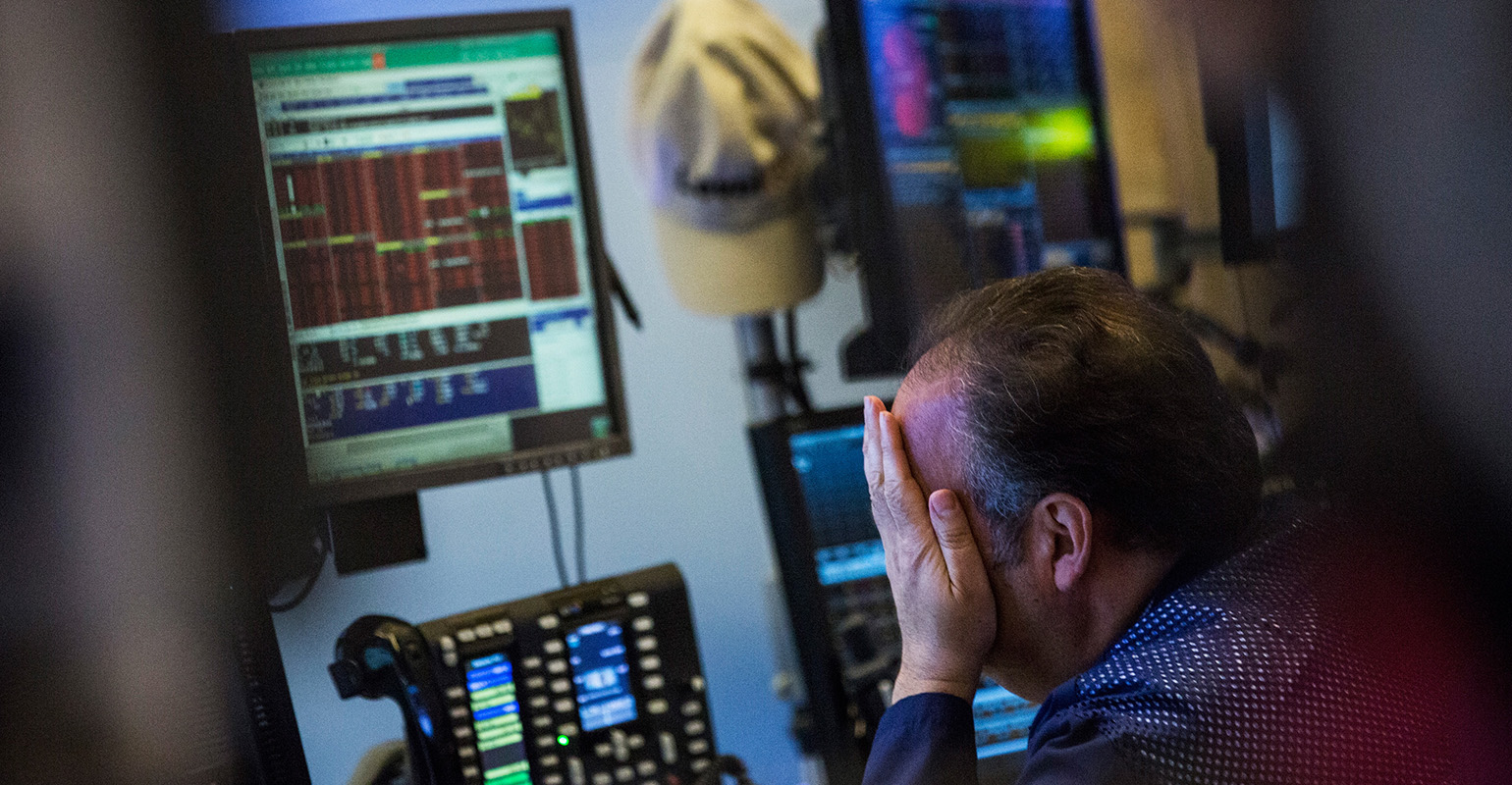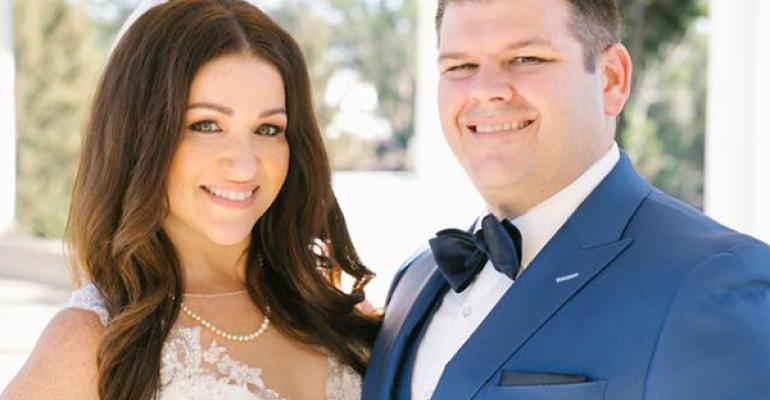On Oct. 5, Matthew Greiner, 35, a financial advisor for Northwestern Mutual in Irvine, Calif., married Heather DeLoach, 35, at the US Grant Hotel in San Diego, Calif. DeLoach is best known as the “Bumble Bee Girl” from the music video for Blind Melon’s hit song “No Rain.” Photos from the wedding were published this week in People magazine. The couple met online and dated for 2 1/2 years before getting married. DeLoach paid tribute to being the “bee girl” with little gold bees placed in floral arrangements, and the flower girls at the wedding wore the same heart-shaped antennae DeLoach wore in the video.
Family Caregivers Spend $190 Billion Annually

Family caregivers provide the bulk of long-term care in the U.S. today, with 40 million people spending $190 billion per year on their adult care recipients, according to a Merrill Lynch study conducted in partnership with Age Wave. While 92 percent of caregivers said they contribute to the costs of care or manage finances for the recipient, 75 percent said they have not discussed the financial impacts of their contributions. Navigating health insurance expenses was named as the top challenge for financial caregivers. These numbers look to rise as aging baby boomers increase the number of people needing care. “As tens of millions of people take on caregiving responsibilities each year, supporting those caring for our aging population has become one of the most pressing financial issues of our lifetime,” said Lorna Sabbia, head of Retirement and Personal Wealth Solutions for Bank of America Merrill Lynch. “Greater longevity is going to have a profound impact on the caregiving landscape and calls for earlier, more comprehensive planning and innovative solutions to address the health and long-term care needs of our loved ones.”
Do Healthy Employees = Higher Stock Prices?

Does having a healthier workforce boost a company’s share price returns? Or are better-performing companies more likely to have higher-caliber employee health programs? It’s hard to tell, but UBS explores the topic in its recent Corporate Health Report. The report explores the health challenges facing companies in the United States, Europe, Asia Pacific and emerging markets. For instance, stress costs U.S. employers $300 billion a year. And employees who don’t participate in their workplace wellness programs had $1,500 higher healthcare costs than participants. UBS also cites several studies pointing to a link between a healthy workforce and positive stock performance and concludes that there is a correlation between the two. “Rather than passively meeting basic standards or relegating healthcare programs to sideshow status, companies should treat employee health as a core concern for their business, offering a measurable enhancement to employee welfare as well as operational performance, reputation, and returns,” the report said.





